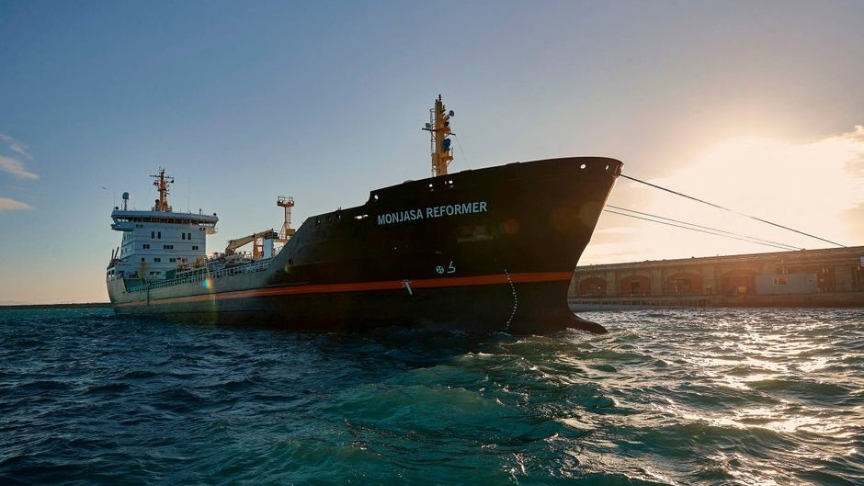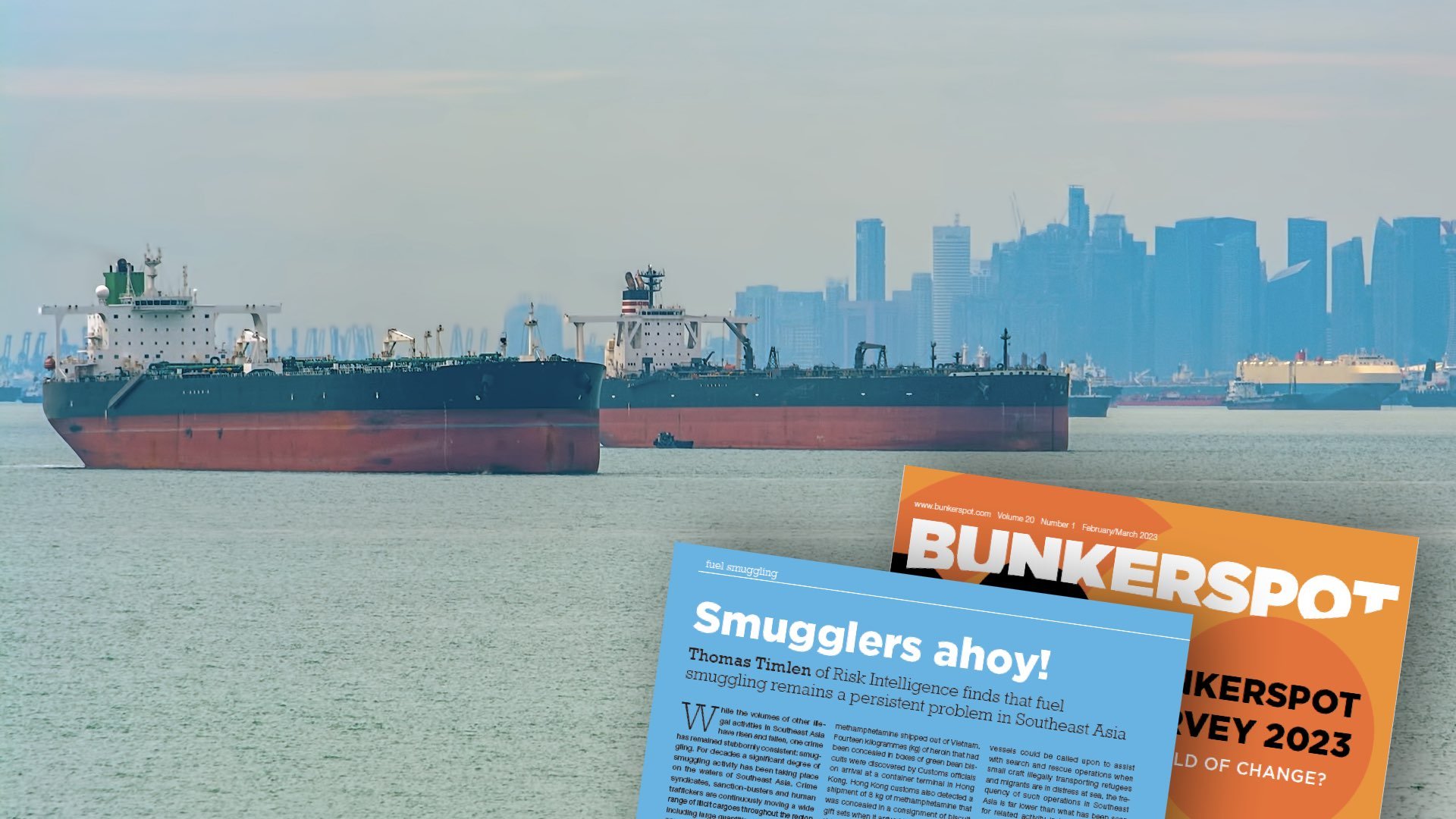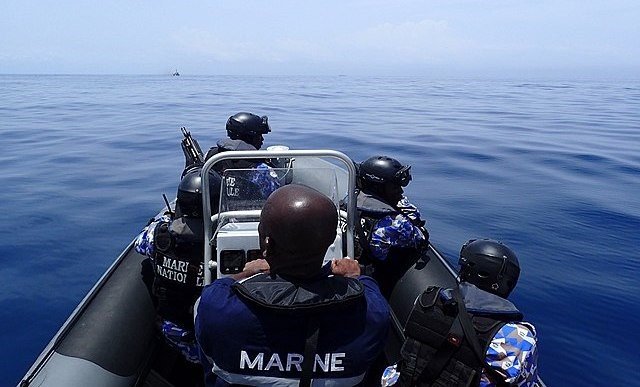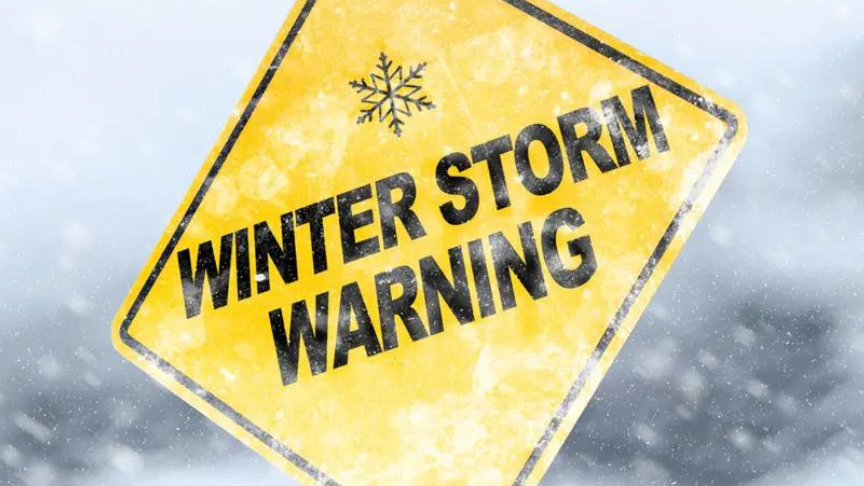
Adapting to the post-pandemic world
Risk Intelligence analyst Thomas Timlen, recently contributed to the publication Global Posts Report 2023 with an article that discussed opportunities and challenges in the Asian port sector along with the perspectives of other experts in the field.
Looking at the potential development of Asian ports requires a broad geographic perspective that spans a vast area from Turkey in the west to Indonesia in the southeast, with Russia rounding out the region in the north. Asia, the world's largest continent, has a diverse geopolitical, commercial, and environmental features that supports growth and opportunities in certain areas but poses particular challenges in others.

Security expert: Kidnapping cases involving pirates from West Africa will typically take 30 days
Journalist Didde Venzel of the Jyllands-Posten recently interviewed Hans Tino Hansen, the CEO of Risk Intelligence, about the piracy attack on the Danish ship “Monjasa Reformer” in West Africa.
In a press release issued on Friday, Danish shipping company Monjasa announced that pirates have abandoned the Danish ship "Monjasa Reformer" following a week-long siege. According to the French Navy, the pirates have seized only six of the foreign crew members, while the remaining ten have been released.

South-east Asia: an ongoing fuel smuggling challenge
Risk Intelligence analyst Thomas Timlen wrote an article for Bunkerspot magazine highlighting the significance of smuggling, interconnected to other criminal activities in South-east Asia.
This article takes a look at the activity of smuggling and how it has remained constant in South-east Asia, despite the fact that the degree of other illegal acts has altered. Over the years, South-east Asia's waters have seen a significant amount of illegal smuggling activity. Drugs, fuel, and guns, as well as refugees and migrants who have been kidnapped and transported against their will are just some of the illegal cargoes that are constantly being moved throughout the region by criminal organisations and human traffickers.

Maritime piracy: what recent developments of a well-established threat?
Risk Intelligence analyst Louis Borer recently wrote an article for Diploweb in which he discussed the importance of maritime piracy in the Indian Ocean, the Gulf of Guinea, and South-east Asia, along with the impact on trade and the shipping industry.
Piracy is a real threat to sailors, the shipping sector, and the coastal states that surround piratogenic zones. It is usually linked to local mafia groups, illicit trafficking, or even terrorism; tied to many challenges and crises that shift depending on the economic and geopolitical circumstances.

Who sabotaged the Nord Stream pipeline? Russia and the West blame each other
The Nordics correspondent Jeroen Visser from de Volkskrant interviewed Risk Intelligence’s CEO Hans Tino Hansen on the Nordic Stream pipeline attack and Russia's demand for an independent probe into the incident.
Six months after the Nord Stream pipeline explosion, Russia is demanding an impartial UN investigation. The clarification for this is the release of an article by an American investigative journalist Seymour Hersh who blames the United States government rather than Moscow for the incident. It is believed that the US allegedly sabotaged the Nord Stream pipeline due to Russia's growing influence in Western Europe.

TAPA Vigilant Magazine: ‘Winter of Discontent’
Steve Bacot, LandRisk Manager at Risk Intelligence, was invited by TAPA's Vigilant Magazine to discuss the emerging energy crisis and its potential implications on supply chain resilience in the coming months.
Given the escalating energy crisis triggered by Russia's invasion of Ukraine, where increasing prices contributed to excruciatingly high inflation, the consequences will be felt for years to come. The article discusses how the energy crisis may affect cargo crime. It also considers how it could influence the supply chain as a whole and gives recommendations for mitigating the effects.
